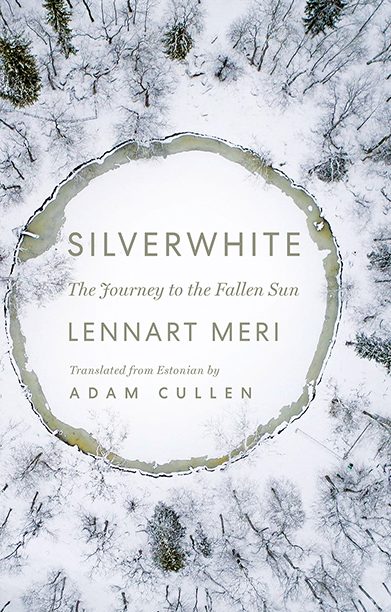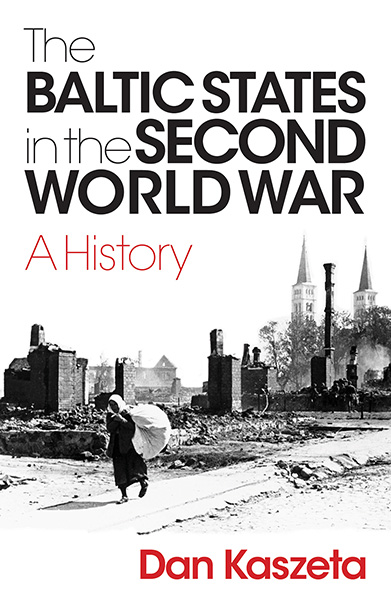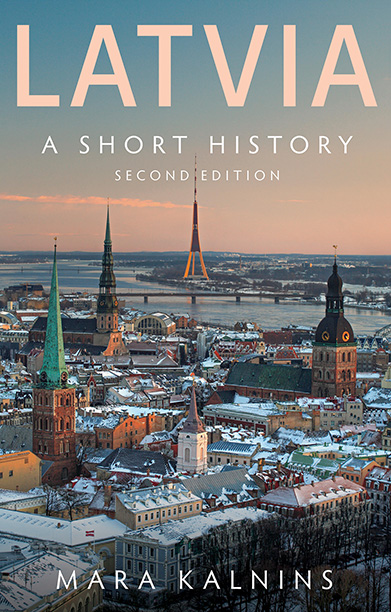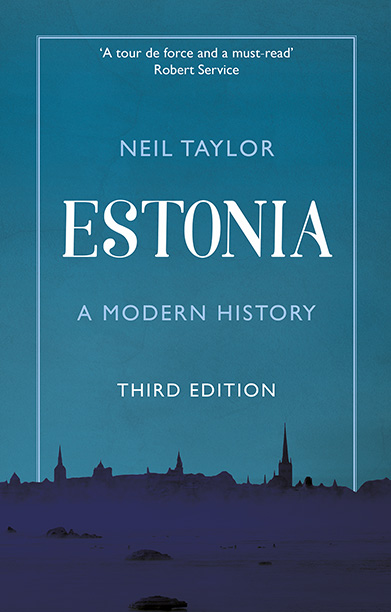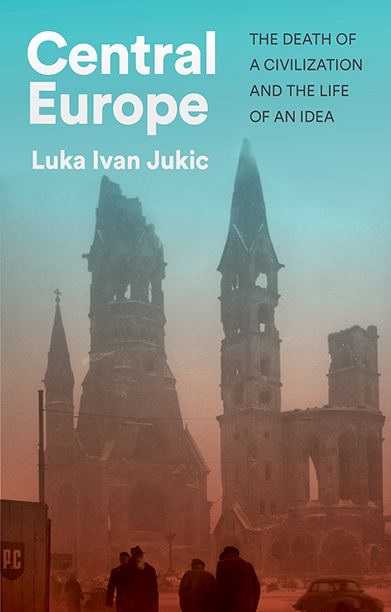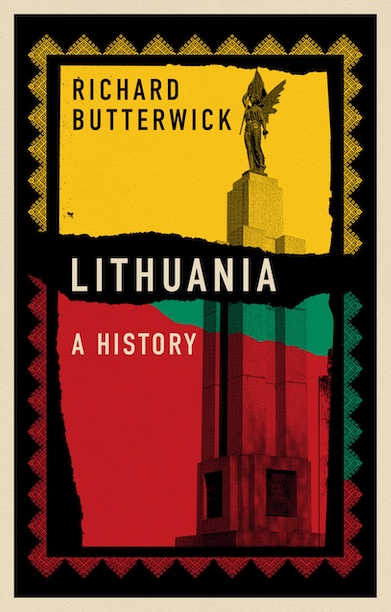Silverwhite
The Journey to the Fallen Sun
Foreword by Edward Lucas
Translated by Adam Cullen
The first English translation of this central work of Estonian nonfiction, marking the profound importance in world history of this small nation and its people.
Description
Silverwhite is a captivating exploration of the eastern Baltic nations’ earliest history and interactions with peoples of the Mediterranean and the Near East. This journey meticulously outlines an answer to the true whereabouts of Thule, the unearthly northernmost land of ancient legend.
Although Silverwhite is grounded in classical literature and extensive historical, astronomical and geographical fact, Lennart Meri—foremost a writer and filmmaker—weaves his travelogue with poeticism. Whereas a professional historian must show caution when using fantasy to patch gaps between facts, a poet is untethered. This epic work can also be read as a thriller: millennia ago, an enormous cosmic rock crashed into the Estonian island of Saaremaa. Through this extraordinary historical event, Meri brings together a curious cast including ancient Greeks, Arabs and Estonians. All genuinely existed and met, even if their names have been lost to oblivion.
When Meri wrote Silverwhite, Estonia was occupied; forced into the restrictions of Soviet Russian colonialism. His work was a balm against that closed-minded and unnatural state, offering the unmistakable message that the world has never been divided into isolated islands of civilisation. Nations, eternally interconnected, have always shared knowledge and impacted one another in complex ways. Openness is inherent.
Reviews
‘In Silverwhite Lennart Meri moves along the thin line between history, myth and science, his extraordinary sensitivity oscillates between a deep knowledge of the classics, myths, folklore, geography and toponymy, linguistics and navigation, and an analytical capacity between the deductive and the speculative. The result is surprising intuitions supported by a deep and rigorous analysis.’ — Antonello Biagini, historian of Eastern Europe, and former Vice-Rector for General Affairs, Sapienza University of Rome
‘Lennart Meri’s magnificent travelogue of the North bridges ancient poetry with the distant past and exact sciences. Let modern readers enjoy these imaginary voyages with the same passion as those who first discovered them almost fifty years ago.ʼ — Jüri Kivimäe, University of Toronto, and author of Aspects of Daily Life in Medieval Estonia and Tallinn in Flames: Soviet Air-Raids on Tallinn, March 1944
‘Silverwhite is Lennart Meri’s lyrical expression of the essence of Estonian identity and history—the inspiration for himself as the country’s first post-Soviet President and for his country as it brilliantly asserts its right to exist in the most challenging of circumstances—escaping the constricting trammels of the Soviet mindset.’ — The Rt Hon Charles Clarke, former MP, and editor of Understanding the Baltic States
Author(s)
Lennart Meri (1929–2006) was a traveller, writer and documentary filmmaker, and Estonian president from 1992 to 2001. His father being a diplomat, he was schooled in Paris and Berlin. When the Soviet Union occupied Estonia in 1940, his family was first imprisoned, then deported to Siberia; they survived against all odds, and returned after the Second World War. Meri strove relentlessly to articulate and defend Soviet-occupied Estonia’s interests, and worked to restore the nation’s sovereignty. His ten books and six ethnological films had an impact echoing across the Iron Curtain. On publication in 1976, Silverwhite quickly became a popular and central work of Estonian literature.
